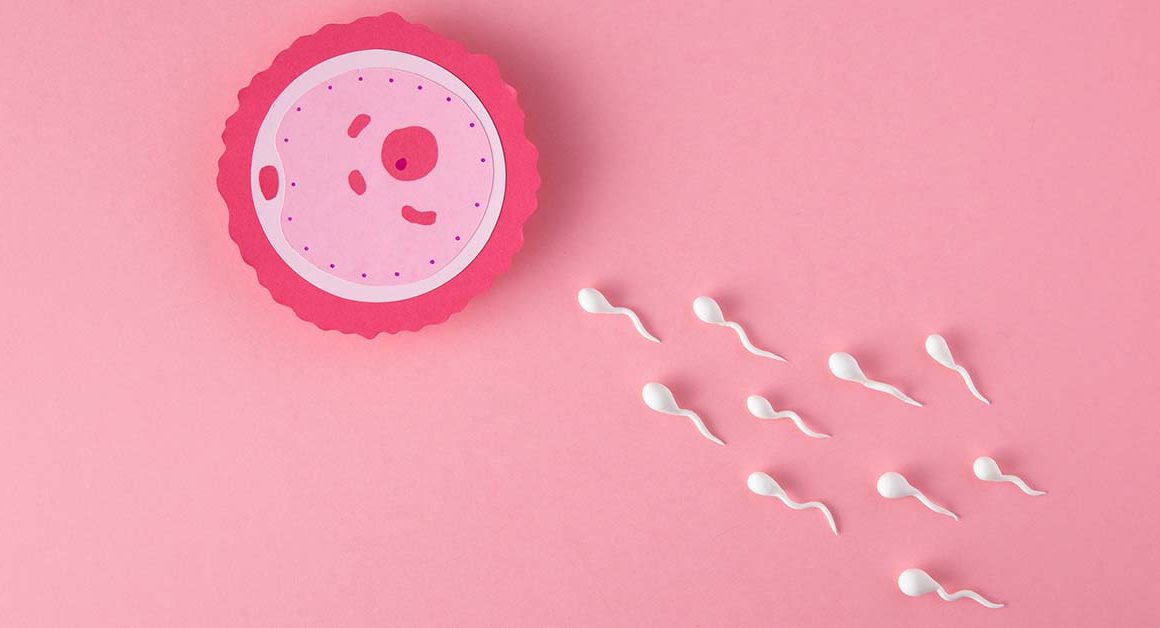Fertility preservation
Fertility preservation refers to a technique that involves removing and storing gametes (male or female) from the body to be used at a later time.
Perhaps, a more appropriate term would be “gamete preservation” because just preserving the gametes for future use does not guarantee proper fertility preservation. If the preserved gametes are genetically defective or if only a small quantity is preserved, it may not ensure successful fertility preservation, which can cause confusion and misunderstandings in the future.
Therefore, it is essential to receive adequate advice before undergoing gamete preservation. It is recommended to consult with a reputable fertility specialist who can guide us and suggest the necessary tests before starting the preservation process.
As a woman ages, her eggs may accumulate genetic mutations, resulting in fewer and lower-quality eggs, making it difficult to conceive naturally after 40.
On the other hand, male gametes, or sperm, are continuously produced from puberty and are not depleted over a man’s lifetime. While it was previously believed that male gametes were always viable regardless of age, recent studies suggest that advanced paternal age can have a negative impact on the success of achieving a full-term pregnancy.
Therefore, it is important to consider the age factor and seek proper advice from a fertility specialist before preserving gametes.
It’s worth noting that women are born with a specific number of gametes, also known as oocytes, which decreases over time during their fertile years. As women reach the age of 35, their fertility often declines more sharply, depending on genetic and environmental factors, as well as their initial follicle count at birth.
Timely fertility preservation is strongly recommended if we desire to become parents in the future. This allows us to have better quality and “young” gametes available for future use.
When should gamete preservation be considered?
Nowadays, many women delay having children due to their lifestyle or socio-economic factors. In these cases, fertility preservation is recommended for:
- Women who have a low ovarian reserve or early menopause.
- Women who wish to delay childbearing.
- Women who are going to receive chemotherapy or radiotherapy.
For women who wish to delay motherhood, it is recommended to consider gamete preservation before the age of 35. As we mentioned earlier, after this age, there is a more significant decrease in the number and quality of oocytes, which reduces the likelihood of achieving a pregnancy with these eggs in the future.
On the other hand, fertility preservation in men is typically performed in situations where the male has a medical condition that affects their sperm or before undergoing chemotherapy or a vasectomy. Men usually do not opt for sperm freezing when postponing paternity.
WHY PRESERVE GAMETES INSTEAD OF EMBRYOS?
In some cases, such as women with cancer, the fastest and sometimes the only viable option is oocyte preservation, since in these patients there is a significant time limitation. In other cases, simply not having a partner makes women decide to preserve their eggs.
In my opinion, the best way to prevent future problems is to preserve gametes instead of embryos. If a couple decides to freeze embryos and the couple breaks up before they are used, both members of the couple would have problems in using those embryos or simply would not want to do so, and therefore there would be no point in preserving those embryos.
FERTILITY IN THE TIME OF COVID
During the pandemic that we have lived through, many women have seen their fertility treatments affected, since most of the fertility centers, both public and private, suspended their activity on the recommendation of the main fertility associations. Not only because it was not known if the virus could be passed from mother to child, but also because in that situation where hospitals were collapsed, it was not the best time for a pregnant woman to have an obstetric complication.
The fact is that, during this pandemic, many women about to start fertility treatment or with treatment already underway have become aware of the importance of time when it comes to fertility and reproduction, since waiting a few months to start fertility treatment can be decisive for the success or failure of such treatment.
That is why fertility preservation is highly recommended and it is advisable to do it IN TIME if we want to be parents in the future, since we will have “young” and better quality gametes for future use.
FREQUENT ASKED QUESTIONS
Is there a limit to using cryopreserved eggs/embryos?
As per Spanish Law 14/2006 on Assisted Reproduction Techniques, oocytes and/or embryos can be preserved through cryopreservation as long as the necessary clinical requirements for assisted reproduction techniques are met. However, it is not recommended to delay pregnancy beyond the age of 50 due to increased risks and complications during pregnancy.
Does cryopreservation affect gametes and/or embryos?
There is no evidence to suggest that the viability of gametes or embryos is affected by cryopreservation technique or the duration of time they remain frozen. However, it is important to note that the survival rates of thawed gametes and embryos are dependent on their quality and individual characteristics. If poor quality gametes are frozen, then it is likely that poor quality gametes will be thawed, which can impact the success of assisted reproduction treatment. Thus, it is crucial to consider the quality of gametes and embryos before freezing them, as the technique and duration of cryopreservation alone cannot guarantee successful results.

